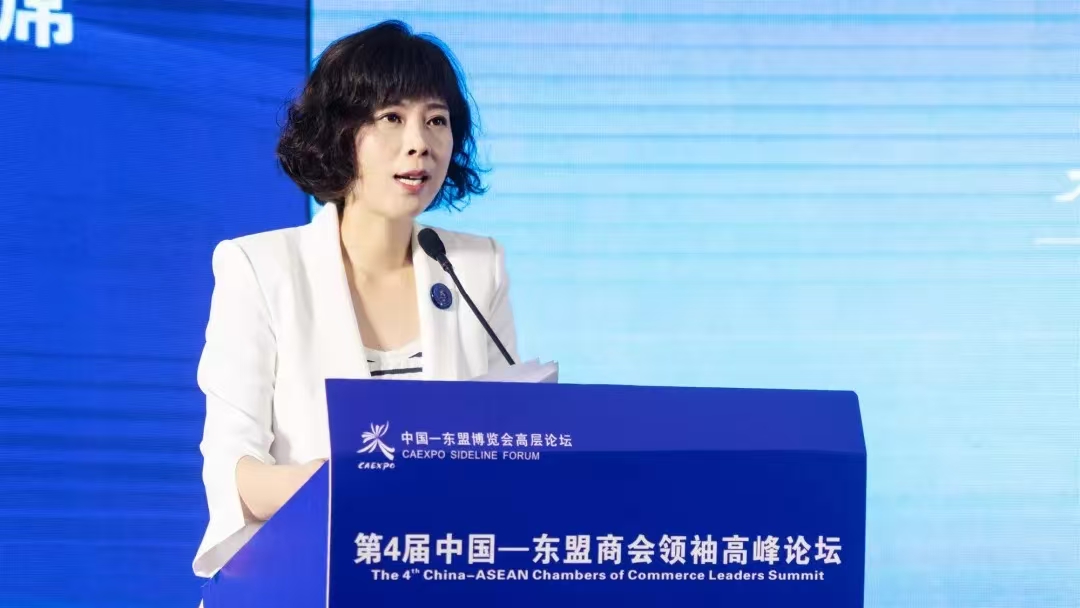IBM新掌门宣言:超越必然,再造自我
|
IBM公司(IBM)有了新掌门人。从明年1月起,长期担任高管的吉尼•罗曼提将取代彭明盛出任公司总裁兼首席执行官。罗曼提已在IBM供职30年,20世纪90年代初曾与公司共同经历过九死一生的处境,因此,她可谓血统纯正的IBM人。在彭明盛长达9年、成就非凡的任期内,她曾与之紧密共事。IBM通过进入云计算领域和商业分析领域实现增长的战略中,她是领军人物,并因此赢得广泛赞誉。本周二晚上,罗曼提与《财富》杂志(Fortune)的资深撰稿人杰西•亨佩尔开展了如下对话: 《财富》杂志:您上任后的首要任务是什么?
罗曼提:因为我一部分职责在于负责公司战略,并且我已经与公司同仁们共同制定出了现行战略的,所以,你应该不会对我的回答感到惊讶。我的首要任务就是要继续执行我们一起制定的战略以及公司2015年规划。我是制定这一路线图的主要成员。 《财富》杂志:彭明盛先生还会继续介入吗?
他将继续担任董事长。不管我请他帮什么忙,他都会伸出援手。 《财富》杂志:您曾与彭明盛先生长期共事,从中您学到的最重要的东西是什么?
这个问题问得很好。对这个问题我想过很多,我想,彭明盛先生教给我的最重要的教训可以引用他的一句话来概况:“超越必然。”(Don't accept inevitable.)我认为这也是他任期内留给整个公司最重要的经验。这句话的意思是,必须不断再创新、再创造。我觉得,这是他送给IBM公司最好的礼物,也就是公司不断再造自身的能力。我们这个行业必须不断开拓新市场。我们目前推出的“智慧的地球”(Smarter Planet),商业分析和云计算服务,都是新开发的领域。它们都与开拓新市场有关。 《财富》杂志:展望未来我们会发现,去年贵公司的竞争对手中出现了一些重大变化,对IBM来说,到明年,这些变化中有什么是特别重要的,或者这种变化会让贵公司有所变化吗?
不会。我们的战略很坚定,也很独特。我们面向的是企业客户,而不是消费者客户。我们非常专注于高价值,致力于研发和创新。我们一直从长远观点看问题。而最重要的或许是,我们一直致力于为客户创造价值。 《财富》杂志:与同行相比,IBM总是更强调长远观点。您提到了2015年路线图,您是否已经开始着手制定2015年以后的路线图?
还没有。我们目前正在努力实现2015年的路线图。对我们来说,要实现这个路线图,也还有很多工作要做。我们不了解的情况还很多。目前我们正为此全力以赴。不过,真正深谋远虑的是我们的研发。我们正在开发的项目都有更长远的眼光,不管是海量数据、商业分析、还是超级计算机沃森(Watson)的商业化。我认为这些才是我们与其他对手最重要的区别所在。 《财富》杂志:贵公司对研发的投入会继延续原有的水平吗?
当然。十年来,我们始终毫不动摇地坚持这一投入水平。投入是一回事,到底投在什么项目上则是另一回事。我们坚持的是由业务推动的(business-driven)技术开发进程。 《财富》杂志:您的意思是?
这就是说,不是为技术而技术。而是要开发能对世界产生影响的技术。比如超级计算机沃森。我相信,在我们的有生之年,沃森将重塑全世界的医疗保健服务。 《财富》杂志:“由业务推动”是不是意味着,以比过去数十年来更快的速度将科学应用到商业领域?
这是其中一层意思。它还意味着,我们要赢得公司决策层以及以业务为导向的新客户的认同。比如说,首席营销官这个群体。我们刚刚宣布推出围绕更智能的商务的新产品,这又是一个开拓新市场的例子。很显然,这个新产品的一大目标客户就是首席营销官,目前市场面向这个群体的服务最为欠缺。 《财富》杂志:非常感谢您接受采访。
谢谢。
译者:清远 |
FORTUNE -- IBM has a new chief. Longtime executive Ginni Rometty will replace Sam Palmisanoas president and CEO starting January 1. Having put in 30 years at the company and survived IBM's (IBM) near death experience in the early 1990s, Rometty literally bleeds blue. She has worked closely with Palmisano during his successful nine-year tenure, and she gets credit for heading up the company's growth strategy by getting IBM into cloud computing and the analytics business. Earlier this evening, Rometty spoke with Fortune senior writer Jessi Hempel: FORTUNE: What are your priorities going to be? Rometty: You're not going to be surprised given that part of my role is strategy and together with my colleagues we built the current strategy. My priorities are going to be to continue to execute the strategy we built and the 2015 roadmap. I was an integral part of building it. FORTUNE: Will Sam continue to be involved? Sam will continue as chairman. He'll continue to help me with, well, anything I ask him to. FORTUNE: Could you point to the most important thing you've learned from working with Sam? That's a good question. I've thought a lot about this and the biggest thing I think Sam taught me -- but I also think that he taught it to the whole company during this time -- can be summed up in a quote: "Don't accept inevitable." That means, you've got to keep reinventing. That, to me, is the greatest gift he's given IBM, this ability to continually reinvent itself. We're in an industry in which you constantly have to make new markets. That's what we are doing with Smarter Planet, analytics, the cloud. Those are all about making markets. FORTUNE: As you look forward, in the competitive landscape we've seen some big shifts among your competitors in the last year, is there anything that will be particularly important or does this change anything for IBM in the year to come? No. Our strategy is firm and is very different. We're enterprise, we're not consumer. We're very focused on high value. We're focused on research and development and innovation. We've taken a long view. And maybe above all, we are very focused on value for clients. FORTUNE: More than any other company in the field, IBM has always emphasized taking a long view. You talk about the 2015 roadmap; are you at work on a roadmap after that? Not yet. We're at work on delivering on that one. 2015 is still a long way out for us. There are a lot of things we don't know yet. We're hard at work at that. What does have a longer horizon, though, is research and development. We are absolutely working on things that are longer term there, whether that's big data, analytics, the commercialization of Watson. That to me is a very important differentiator between us and others. FORTUNE: You'll continue your same levels of investment in R&D? Absolutely. We've been unwavering on those for a decade. It's one thing to spend, the second thing is what you spend on. We're fixated on a business-driven technology agenda. FORTUNE: What do you mean by that? It means not just technology for technology's sake. It means technology that can have an effect on the world. Take, for example, Watson. I believe Watson will reshape healthcare around the world in our lifetime. FORTUNE:Does "business-driven" mean moving science -- more quickly than in decades past -- to commercialization? That is one manifestation. It also means that you're appealing to decision makers and new buyers who are business oriented. So, a chief marketing officer for example. We've just announced -- and this is another example of making a market -- a new category around smarter commerce, clearly one of the big target audiences is the chief marketing officer, one of the most underserved in the marketplace. FORTUNE:Thank you so much. Thanks. |






